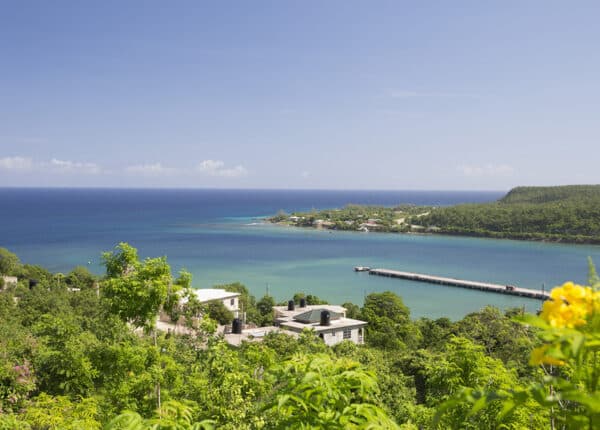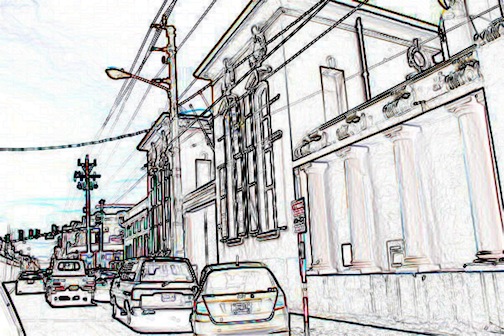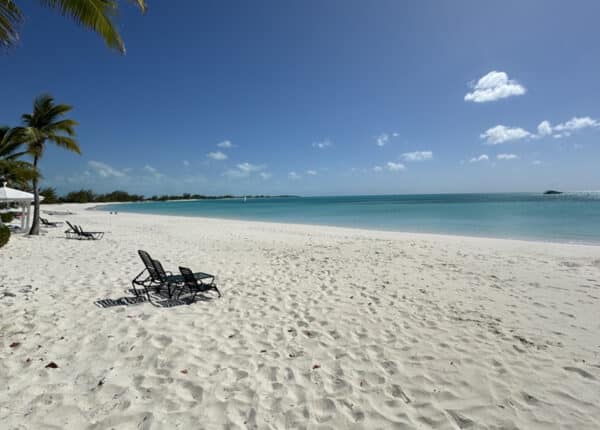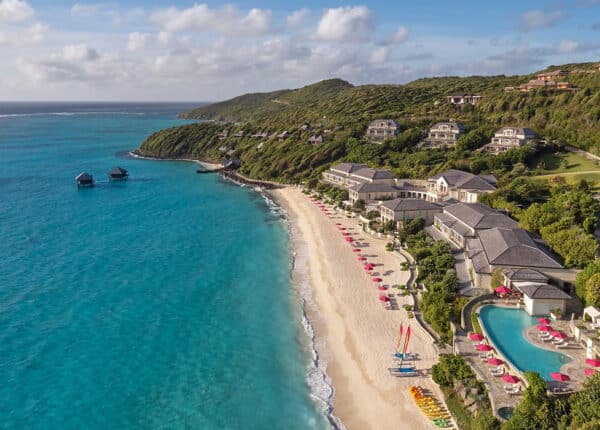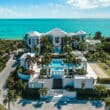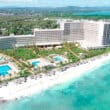By Ramesh Sujanani
Op-Ed Contributor
ALTHOUGH JAMAICA’S ECONOMY is showing some sign of stability, the housing market has yet to reflect this situation. Property sales are slow, and the demand for rentals is ever increasing; so much so that rentals listed in the classifieds of a popular newspaper number 33 columns and over three full pages, the most I have ever seen on a weekend.
I can only conclude that persons who may buy are just renting for the time being. I may also hazard a guess that many persons are leaving for different lands, and, in a short time, more homes will be available for rent.
Thinking of the obvious supply-demand relationship, I predict that the supply of upscale homes is far exceeding demand. There is one other factor: homes that were rented to expatriates are being surrendered, mainly because these foreigners no longer have diplomatic status, or work status, in Jamaica for one reason or another.
Getting feedback from my banker friends, I am told that Jamaica’s banks have numerous mortgage loans which are in arrears more than three months.
Around 8.5 percent of all loans in all the banks are reportedly in arrears. It is a law, carefully monitored by the Bank of Jamaica, that this level of non-performing debt is not permissible for inclusion into a financial company’s balance sheet, as an asset. These assets have to be liquidated, and there are new reasons why the matter is becoming urgent.
One reason is that we need to have an orderly presentation for the International Monetary Fund. Another reason is that is new legislation from the United States that requires citizens and residents to declare assets which might have evaded scrutiny from the United States’ Internal Revenue Service (FATC).
A further point is that while the amount of the mortgage was originally much lower than the value of the property, this differential or cushion is quickly being eroded by the lowering of property values in a declining real estate market, which places Jamaica in a declining spiral of cash flow. So there is an expectation that mortgages in arrears will be called in rapidly.
But is this applicable in developments throughout the island, in all types of configuration? What about housing stock — does not this not affect the equation? How about properties in general? If we eliminate office buildings and space, which were not too badly affected by inflationary pressures, there exists ample office space available in the city. If you consider many residential properties being converted to offices, it is clear there is commercial space.
With the attention being diverted to low income housing homes in the J$7 million to J$14 million region by private investment, many housing solutions have been available over the past three years, and the needs seem to be addressed, without too much inflationary pressure as far as that market is concerned.
Tourism Properties are in the hands of the larger corporate overseas and local investors, and they control the market insofar as they relate to the varying tourism demand.
This leaves us the lower-middle class, more affluent middle class, and the rich.
It is these three categories that are being affected by inflationary pricing, depending on area, township, and location, for prices here range from J$16 million to J$90 million, and is subject to construction and amenities costs in the delivery.
I recall in the late 80s and early 90s while Norbrook and Cherry gardens were still in the J$10-$15 million area, a wealthy homeowner listed his one-bedroom apartment for $18 million, and all the other homes in that area had to be priced higher to keep up with that standard. It created a kind of boom which saw homes reaching as high as J$60,000,000. This is the type of inflation that created our housing bubble.
Now if we had a free market in real estate, this may not have been so difficult,
as buying would follow pricing much closer and negotiating would take place, keeping prices in check.
But Jamaica has a “managed market” caused inadvertently by the strata plan regulations. The most popular middle-upper income market is the townhouse and apartment in a gated community, which are often in stratas which are controlled by the Real Estate Board. This organization would tend to keep prices as high as possible so that commissions and fees would remain at a higher level, and they guide the Strata Commission as to the issuance of a certificate to sell a distressed property.
Now when a strata plan home needs to be sold it goes to the Strata Commission after being approved by the Strata Plan board, which is often a voluntary group of owners. The Strata Commission who passes it on to the Real Estate Board and between them the price is set for a forced sale: simply because of these bureaucratic delays, the sales of this kind of property are reduced. You can hardly find 10 homes for sale being effected at one time, no matter how much the arrears.
Rather than dispose of homes that can’t be paid for, we now result in an economy that holds on to overpriced assets, instead of allowing assets to be sold when available to the market.
Who will pay the interest costs accrued by the delays? No doubt the banks will take it out in the cushion, or the costs.
Ramesh K Sujanani can be reached at rsujanani78@gmail.com.
Note: the opinions expressed in Caribbean Journal Op-Eds are those of the author and do not necessarily reflect the views of the Caribbean Journal.
